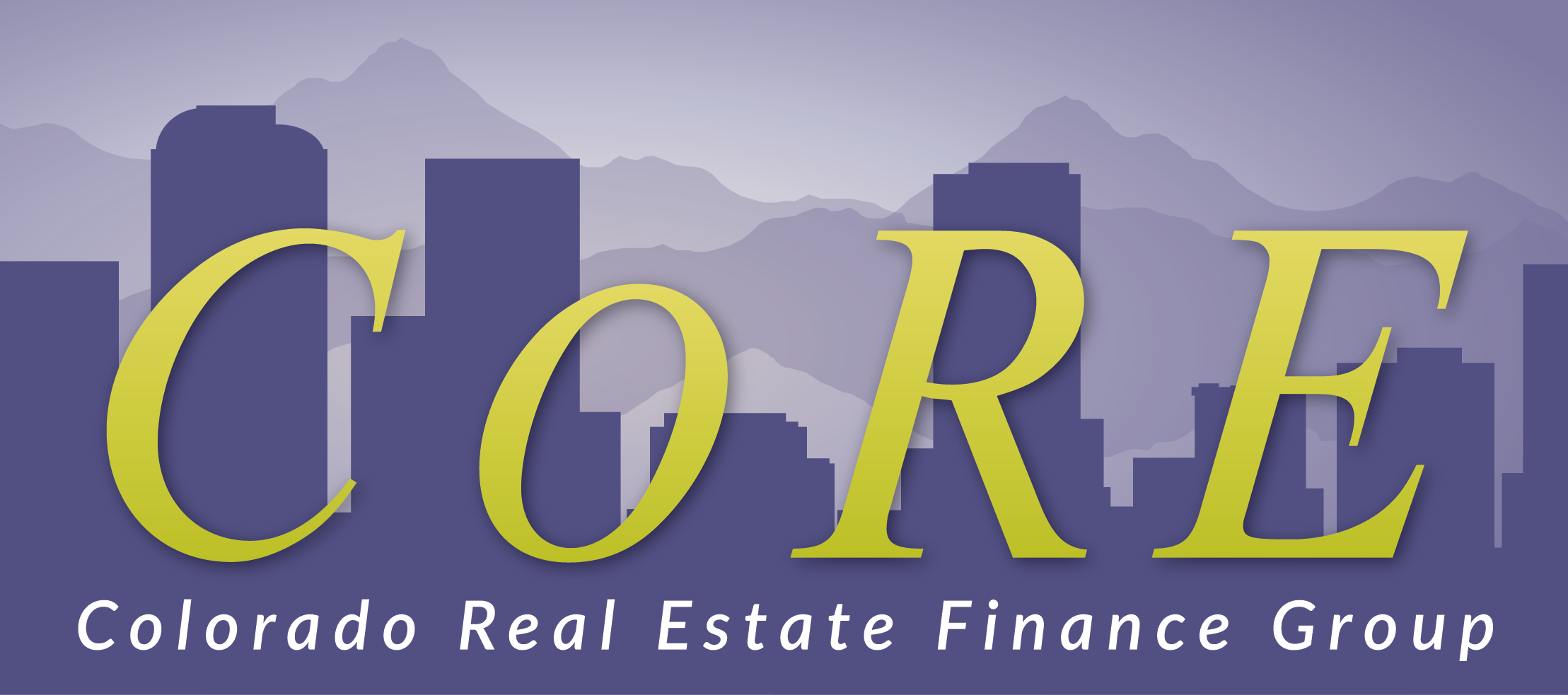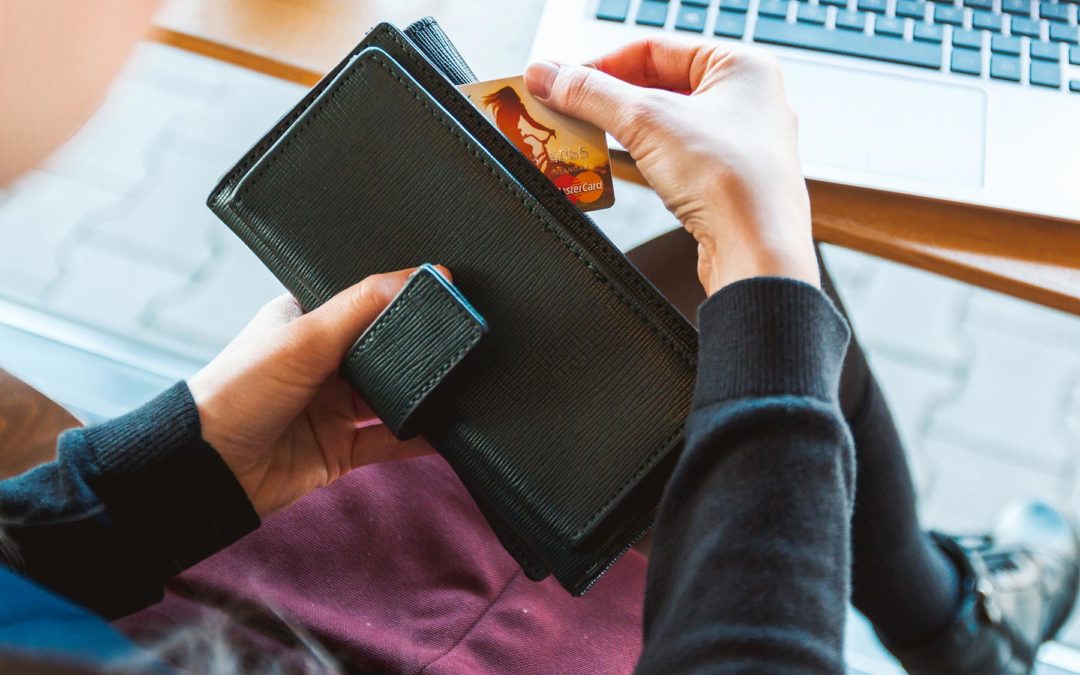If you’re an adult in the US, the chances are very high that you own a credit card of some type. It may be a store card, a rewards card, a gas card or just a basic credit card. On average, each adult in the US with a credit card is carrying over $5,000 on their cards. If this sounds like you, here are six ways to whittle down that number.
Get on a Budget
You are probably tired of hearing this same old advice. The reason you keep seeing it, however, is that it’s very important. You have also probably heard that it is important to stop using the card. However, it is difficult to stop using the card if you do not have a functional budget. Many cardholders are not going on luxury vacations and buying expensive items. Much of the national credit card debt is on the little things. Perhaps you were short on your paycheck, so you paid your utility bill with it. Perhaps you needed groceries and were out of money for the week, so you used your card. You went out for lunch and swiped the card because it was less than $10. All of these smaller purchases add up over time.
Getting on a budget can seem very overwhelming to a person or couple who has never tried to be on a budget. Keep it simple so that you don’t get overwhelmed and quit the process. One very easy way to budget is to set up two checking accounts. Figure out your non-negotiable bills for each month. These include rent or mortgage, utilities, and insurance. If you have any monthly payments, such as for a car loan, credit card or personal loan, figure this out, too, based on the minimum payment required. Now, divide that number by the number of paychecks you receive in a month. You can now see how much money you need to put in this account each payday. The remaining money is the money left for you to use on consumables such as gas, groceries, clothing and household items.
Pay Extra on Only One Card at a Time
If you work overtime or get a bonus and suddenly have an extra hundred dollars, it can sound like a great idea to throw that money at your credit card balances. The best way to do this is to put it all toward one account, rather than give each account a little extra. $100 spread out over three cards is about $33 and you will not notice a huge impact on any of the cards. But if one of those cards is at a $500 balance, putting $100 towards that is paying off one-fifth of the balance, or 20 percent. This can make paying off that balance suddenly seem attainable.
Small Amounts Matter
Even if you have an extra $20 at the end of the week, this can make a huge overall impact on your credit card balances. Twenty dollars a week is $80 a month, and $1,040 a year. It’s easy to think that those smaller amounts won’t matter, but they really add up over time. If you are concentrating all of those smaller amounts on one card, you can see your progress a lot faster.
Reduce Interest Whenever Possible
Interest eats up a chunk of your payment and makes those clearance shoes cost a lot more over time than if you would have paid cash. When you are ready and able to make serious headway on your credit card debt, look around for some zero percent balance transfer offers. Most of the time, these promotional rates last for a year or 18 months.
As seen in the example above, you can make a lot of headway in a year, even with smaller amounts. A year of not paying any interest on $1,000 means a balance that is $1,000 less than it started. But if you are paying seven percent of that amount on interest, you have paid $70 to the credit card company in interest.
Use Points Wisely
If you have already accumulated points on a rewards card that you plan to pay off, use those points wisely. If you are able to exchange them for cash, put that money toward your balance. If you can use them to get a gift card, get a card that you can use for weekly expenses such as gas or groceries. Then use the money you are saving on gas or groceries toward your credit card balance.
Find Ways to Make Some Extra Money
If you are serious about getting out of credit card debt, you can find ways to earn some extra money. Perhaps your employer will let you put in some overtime. Maybe you are able to fit in another part-time job for a while. You may have a skill that you can use to make money at home. When you are serious about paying off credit card debt, it is amazing the types of opportunities you will be open to seeing.
Use these six practical tips to get your credit card debt paid down. If you are starting to feel overwhelmed, remind yourself that when your debt is paid off, you are opening up money in your budget for other things. So, while it may feel tight during the time you are focused on paying off debt, it won’t feel that tight forever. With your cards gone, you will have that burden of debt erased and be able to use your money towards things you enjoy.


Recent Comments